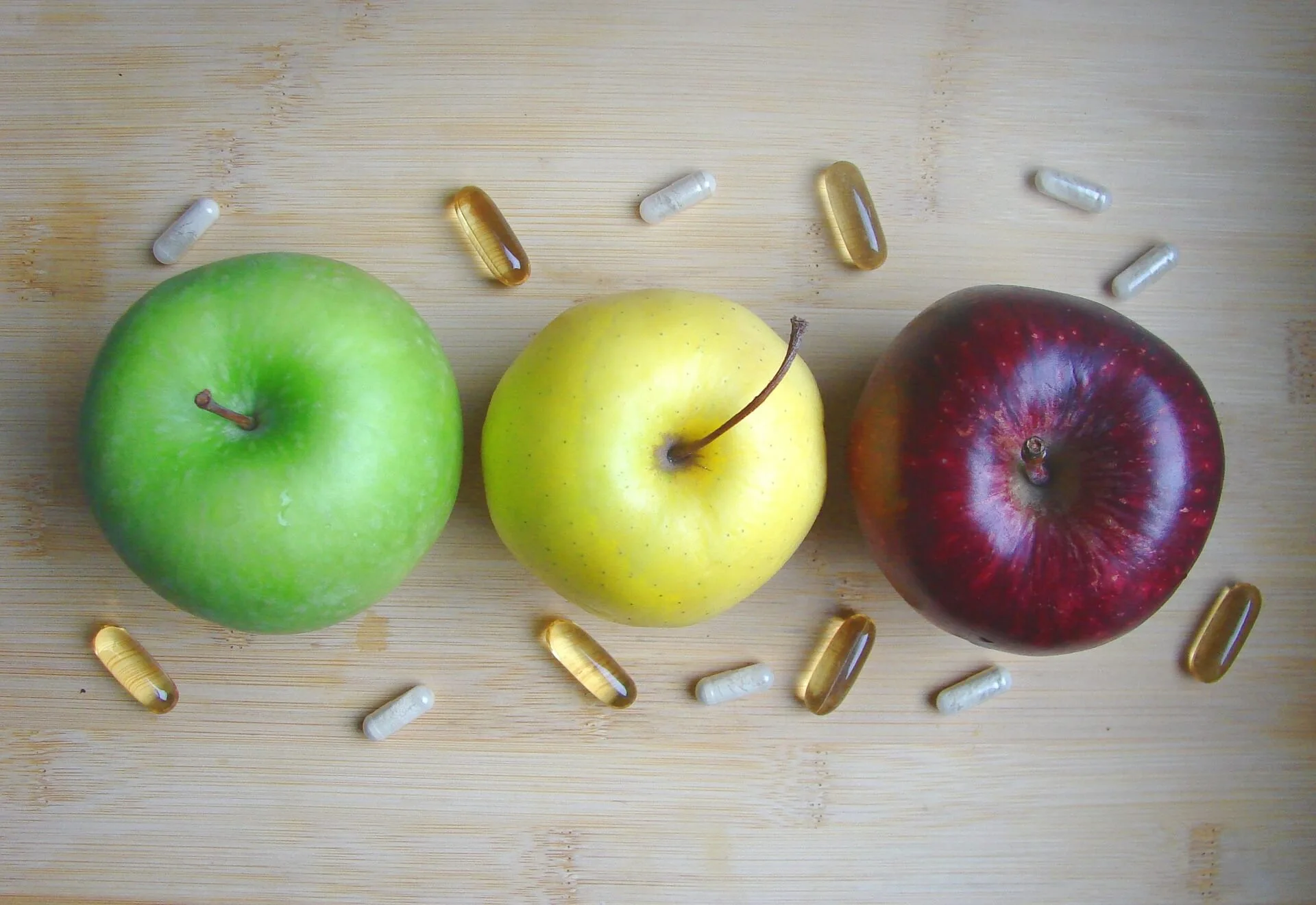
Chronic fatigue, drowsiness, soreness and flabbiness - your old acquaintances? Maybe you are worried about crunch in the joints, brittle hair and nails, periodic headaches? Well, we've got some good news and bad news for you. Bad news: most likely your body is deficient in nutrients. Good news: this can be corrected by adjusting the diet.
What are nutrients? These are the nourishment our body needs to function properly. To maintain optimal health, which will support maximum quality and longevity, we must eat a balanced diet. That is, everyone should get all the necessary nutrients in the proper amount. It is the lack of nutrients that leads to a disturbance of normal metabolism, deteriorating health and, ultimately, to the development of various diseases.
Our body depletes its reserves, instead of this it does not replenish the necessary substances and begins to fail. Your high-speed crossover now resembles an old "Lada", but you're still on the highway. The requirements for you - to live with full effectiveness - no one has canceled.
The diet of modern people has all the signs of imbalance. We eat quite nutritious food with a whole range of fillers, malt, palm oil and other fats that contain "pure" calories. However, this half-synthetic food is deficient in vitamins, minerals, natural fats, antioxidants, essential amino acids (EAC). Prolonged lack of the necessary components causes changes in metabolism, depletes internal reserves of protein, calcium, etc., and triggers savings mechanisms by reducing the intensity of metabolism. This leads to obesity, muscle weakness, osteoporosis, immunodeficiency, cancer and other diseases.
How to understand which nutrients you need?
To do this, you need to know the characteristics of the lack of specific nutrients. This way you can identify a weak spot in your own metabolism and get rid of unnecessary complications by supporting your body with everything you need.
Modern refined products contain few micronutrients. Adults and children do not consume enough dairy products, the number of people with lactose intolerance is growing.
Excessive consumption of sweets, sweet drinks, coffee causes active leaching of minerals in the urine. At the same time, in conditions of high-carbohydrate nutrition, our body needs a larger portion of minerals.
Signs of micronutrient deficiency:
- Iodine: chronic fatigue, exhaustion, flabbiness, drowsiness and sometimes muscle weakness. Potential swelling under the eyes, legs and arms. Menstrual irregularities. Frequent colds, decreased attention, memory and intelligence.
- Calcium: nail exfoliation, skin inflammation and dental caries. The most unpleasant consequence of calcium deficiency is osteoporosis, when bones become brittle and break even with minor injuries. The danger is also that our body compensates for the lack of calcium for a long period of time, but the symptoms of deficiency of this micronutrient may not appear for a long period of time.
- Magnesium: decreased attention and memory impairment, emotional instability, irritability, problems with the cardiovascular system, constantly cold hands.
- Selenium: thyroid diseases, reproductive dysfunction, increased susceptibility to inflammatory diseases, skin, hair and nail diseases, decreased immunity.
- Manganese: increased probability of atherosclerosis, irritability, memory impairment, increased sweating, increased heart rate, profuse bleeding during menstruation.
- Silicon: deformity of the spine, bones, frequent fractures and dislocations, development of osteoporosis, decreased immunity, meteorological dependence, brittle nails, hair loss, premature wrinkles, dysbacteriosis, atherosclerosis and gallstones, bleeding gums.
- Iron: premature graying, diarrhea, dizziness, weakness, inflammation in the mouth, pale skin.
- Zinc: appearance of white spots on the nails, skin problems, weakened immunity.
- Potassium: dry skin, acne, edema, palpitations, headaches.
Vitamins are an essential component of nutrition to support normal life, support growth and recovery of the body, they are also precursors of various coenzymes involved in metabolic processes.
Signs of vitamin deficiency:
- A - appearance of acne, dry skin, dull hair, impaired vision, sleep disturbance;
- B1 - irritability, loss of appetite, edema, tingling in the arms and legs, tachycardia, poor concentration, probable depression;
- B2 - dull hair, peeling skin, sensitivity to light and unpleasant sensations in the eyes, general fatigue, indigestion;
- B3 - general weakness, sleep disturbance, flabbiness, frequent headaches, oily skin;
- B6 - chapped lips, swollen tongue, irritability, apathy;
- B12 - weakness, tingling in the extremities, loss of appetite, memory impairment, weight loss;
- C - skin rash, oily hair, fatigue, bleeding gums, irritability, loss of skin elasticity, weakened immunity;
- D - heartburn in the nasopharynx, muscle weakness, brittle nails, aches in the body.
What to do with a nutrient deficiency?
If symptoms of nutrient deficiencies are identified, you should consult with specialists to make sure that these symptoms are caused precisely by the lack of appropriate nutrients, and then correct the deficiency by adjusting your diet. The easiest and safest way to restore the normal balance of nutrients and eliminate the deficiency of useful nutrients is to supplement your diet with dietary supplements, since modern foods and unhealthy diets do not meet the body's need for beneficial nutrients.
Most functional food products, dietary supplements and special products for dietary nutrition are concentrates of natural or identical to natural biologically active substances to enrich the diet. They are widely used in developed countries to avoid deficiency of essential nutrients and maintain health.







